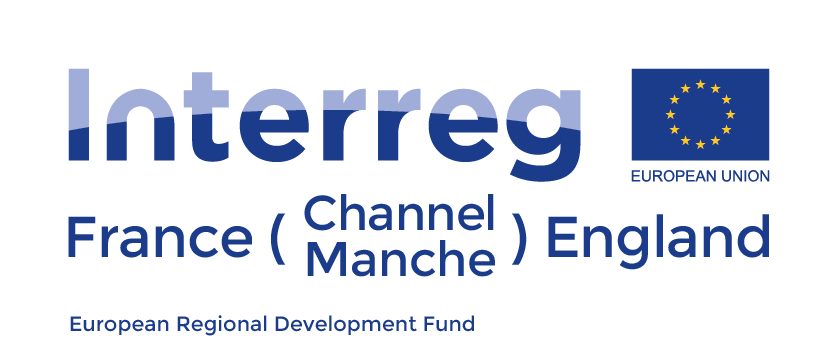Press Release from Interreg France (Channel) Manche
Launch of biodegradable fishing nets project
An innovative project to reduce plastic pollution at sea by developing biodegradable fishing nets has been launched.

INdIGO aims to reduce the amount of plastic in the Channel area of the UK and France by 3% through the development of biodegradable fishing equipment. This will, in turn, help improve water quality and maintain biodiversity.
Fishing gear (eg nets and traps) represents 27% of marine litter and is made from plastic materials that can last several hundred years, which can have grave consequences for marine wildlife.
As part of the project, partners will undertake a study of the impact and degradation of biodegradable nets on the marine environment and develop two prototypes of biodegradable fishing nets with controlled lifespans. Partners believe that to take a global approach to waste reduction, it is essential to adapt the lifespan of a material to its use.
INdIGO will also create an app to locate discarded or lost fishing equipment on beaches, and promote the use of biodegradable nets among fishing communities and political networks in order to influence future regulations.
The project will run for 3 years and 9 months and has a budget of €4.3m, of which €2.9m is funding from the European Regional Development Fund via the Interreg France Channel England Programme. It has 10 partners in the UK and France and is led by the Université de Bretagne Sud in Brittany.
Project manager Claire Allanos, from the university, said: “Participation in this Interreg programme is a great opportunity for research centres and companies to work closely together to develop common solutions to tackle a major environmental challenge.
“INdIGO has a very global approach as the project combines preventive actions aimed at promoting the recycling of used fishing gear and curative actions with the development of new gear that will be biodegradable in the marine environment.
“The presence of the industry in INdIGO project is an essential factor in achieving the marketing of the new fishing gears and their adoption by fishing and aquaculture professionals in the France Channel England area. “
Carolyn Reid, Programme Manager for Interreg France (Channel) England Programme, said: “We’re pleased that this is the second project approved by our Programme to come out of the targeted event we ran on plastic pollution, as it’s a significant issue on both sides of the Channel.
“Reducing plastics in our seas and on our beaches by creating biodegradable fishing nets and an app to find and recycle fishing gear is a really innovative way of tackling the problem, and we look forward to following the progress of INdIGO.”
To find out more about the project see here:
Interreg France (Channel) England Programme still has €50m of ERDF to commit to projects. If you have a project idea and are looking for funding, don’t hesitate to contact one of our team or visit www.channelmanche.com
The full list of partners:
France
- LEAD PARTNER: Université de Bretagne Sud (Morbihan)
- Synergie Mer et Littoral (Manche)
- Institut Francais de Recherche pour l’Exploitation de la Mer (Morbihan)
- Filt (Calvados)
- Nature Plast (Calvados)
- Institut Regional des Matériaux Avancés (Morbihan)
UK
- Centre for Environment, Fisheries and Aquaculture Science (Suffolk)
- University of Plymouth (Devon)
- Marine South East (Hampshire)
- University of Portsmouth (Hampshire)
For enquiries about the project please contact:claire.allanos@univ-ubs.fr
For enquiries about the France (Channel) England Programme contact interregv@norfolk.gov.uk or visit www.channelmanche.com
Download the press release in PDF:
